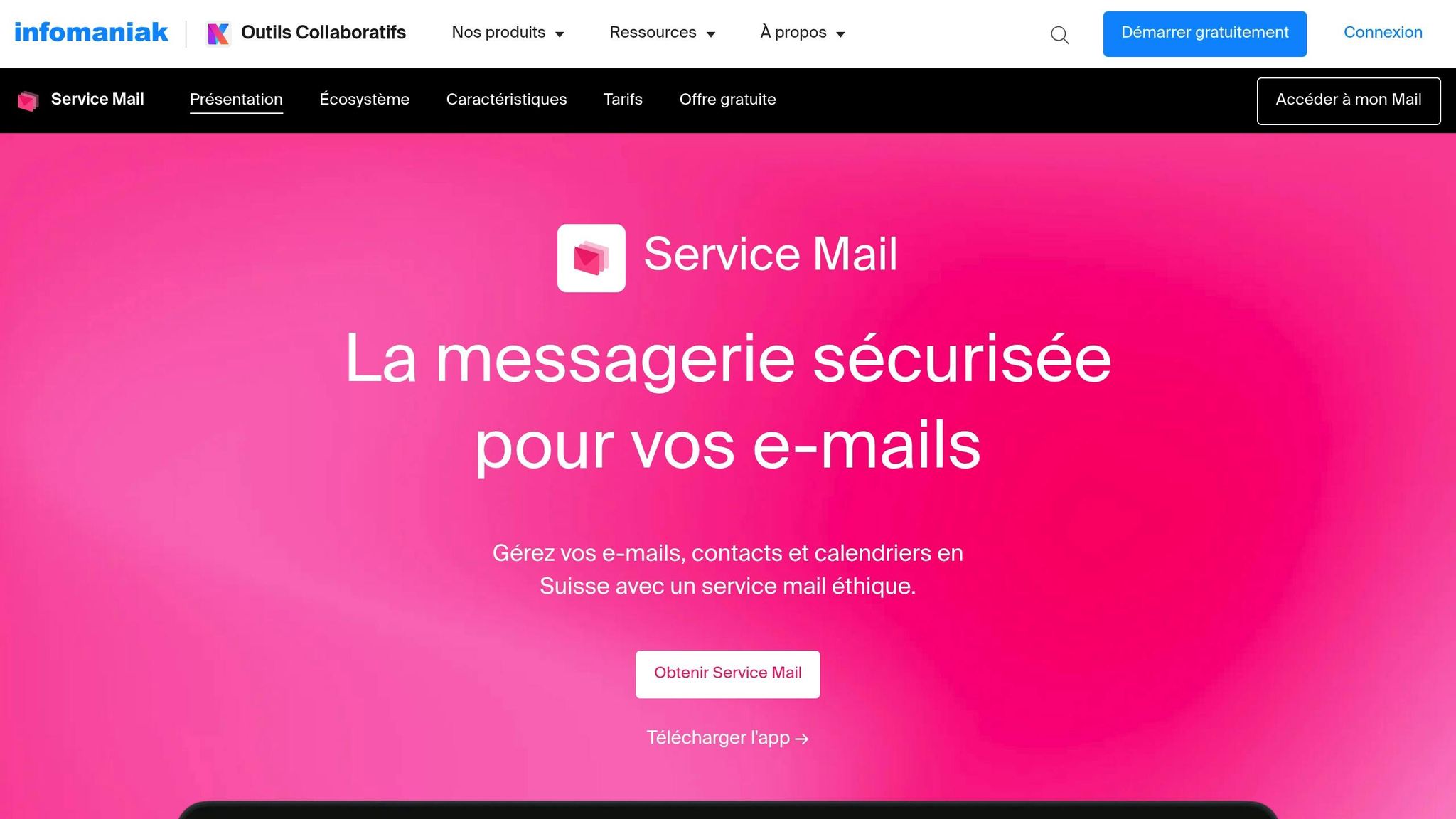
How Swiss hotels use data to personalize the customer experience
How Swiss hotels use data to personalize the customer experience
Hotels in Switzerland use data to offer tailor-made stays and meet customer expectations. Here's how they achieve this:
- Before arrival: Analysis of past stays to anticipate customer preferences.
- During the stay: Real-time adjusted services based on customer feedback.
- After the stay: Collection of feedback to refine future experiences.
Key benefits:
- Improved customer satisfaction: Personalized and tailored services.
- Increased efficiency: Optimization of resources and operations.
- Customer loyalty: Unique experiences that encourage return visits.
Major challenges:
- Compliance with data protection laws (GDPR, LPD).
- High costs for technology and team training.
- Change management to integrate these innovations.
By combining traditional expertise with digital tools, Swiss hotels modernize their approach while respecting their hospitality values.
Create Professional Emails at Infomaniak with kMail ...

Data Collection Methods in Swiss Hotels
Hotels in Switzerland implement structured strategies to analyze customer data and offer personalized experiences at every stage of the stay. Here is an overview of the main steps in this collection.
Analysis of customer preferences
Through customer relationship management systems (CRM), hotels centralize data from various touchpoints. These systems allow the creation of detailed profiles for each customer, which are then used to personalize preparations before arrival.
Use of data before arrival
Information from previous stays is leveraged to adjust services based on individual preferences. This ensures a tailored welcome and a positive first impression.
Personalization during the stay
During the stay, hotels continue to collect data to adjust their services in real-time. Customer feedback enriches their profile, allowing for constant improvement of the experience.
Communication after the stay
After departure, hotels analyze feedback obtained through satisfaction surveys or online interactions. This information is added to customer profiles to refine future offers and maintain a lasting relationship.
This continuous data collection approach illustrates Swiss hotels' commitment to offering truly personalized stays.
Key Results of Data-Driven Personalization
The collected information brings tangible results in several areas. By using this data, hotels transform various aspects of their management.
Enhanced customer experience
In Switzerland, hotels increase customer satisfaction by anticipating their expectations and adjusting their offerings in real-time through data analysis. By examining customer preferences and behaviors, they constantly adjust their services. Some establishments have seen a significant improvement in service quality after integrating .
Optimized resource management
Data utilization enables more efficient operations management, such as inventory management, workforce planning, and preventive maintenance. This approach helps hotels better adapt to demand fluctuations while enhancing overall efficiency.
Enhanced competitiveness
Through data-driven personalization, Swiss hotels build customer loyalty, increase direct bookings, and maximize revenue per available room. This strategy allows them to maintain high standards while meeting the expectations of a demanding clientele.
sbb-itb-454261f
Implementation Challenges
Although personalization can transform the customer experience, it comes with concrete challenges. Swiss hotels, in particular, must adjust their practices while maintaining their high level of service.
Data Protection Requirements
In Switzerland, personal data protection is a major issue. Hotels must comply with several regulations:
- GDPR for customers from the European Union
- Swiss LPD
- Industry-specific standards
To ensure data security, several technical measures are necessary:
- Secure storage of information
- Encryption of sensitive data
- Clear and explicit consent processes
- Rigorous procedures to prevent breaches
Resource Limitations
The adoption of personalization technologies often faces internal constraints, including:
Budget:
- High initial costs
- Need to invest in staff training
- System maintenance expenses
Technical expertise:
- Difficulty in recruiting
- Need to keep up with technological advancements
- Complexity of integrating new tools with existing systems
Internal organization:
- Regular staff training on new methods
- Change management to integrate these technologies without disrupting daily operations
Facing these challenges, hotels prioritize a gradual adoption of solutions, allowing for innovation while managing their resources. This balanced approach enables them to meet personalization expectations while maintaining quality service.
Next Steps in Hotel Personalization
Use of Machine Learning
Artificial intelligence transforms how Swiss hotels anticipate customer needs. Through machine learning, historical data is analyzed to predict expectations while adhering to strict confidentiality standards.
Some application examples:
- Service anticipation: analyzing past data to anticipate specific requests such as room choices, dining services, or activities.
- Real-time personalization: adjusting services based on factors like weather, local events, or season.
After this technological advancement, sustainability becomes a key focus.
Eco-friendly Technologies and Sustainability
Sustainability plays a central role in Swiss hotel service personalization. Some establishments adopt environmentally friendly technological solutions. Here are some examples:
| Technological Solution | Environmental Impact | Customer Benefit |
|---|---|---|
| Eco-friendly data centers | Reduced energy consumption | An experience aligned with green values |
| Intelligent automation | Optimized management of air conditioning and lighting | Increased comfort and energy savings |
Showcasing Swiss Heritage
Technology also highlights Swiss cultural heritage in the customer experience. Here's how:
- Culinary discoveries: tailored suggestions of local specialties based on each customer's tastes.
- Cultural activities: customized excursion proposals showcasing local cultural richness.
- Personalized services: integration of traditional Swiss elements into daily services.
By combining customer data and local traditions, hotels offer experiences that reflect Swiss cultural identity while meeting visitor expectations.
Conclusion
Data analysis plays a central role in transforming the hotel industry in Switzerland, improving both customer satisfaction and loyalty. The results clearly demonstrate the impact of these developments on the quality of services offered.
These practices show how data utilization redefines the hotel of the future. The challenge lies in finding a balance between modern technologies and privacy respect. Swiss hotels stand out for their ability to integrate advanced tools while preserving the hospitality values that define their reputation.
Personalization through data has become essential. Establishments that adopt a gradual approach, invest in team training, and maintain the traditional Swiss hospitality spirit will be better prepared to meet the changing expectations of their customers.